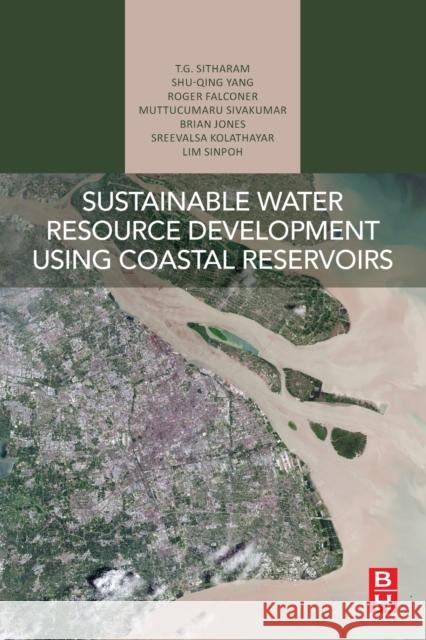Sustainable Water Resource Development Using Coastal Reservoirs » książka
topmenu
Sustainable Water Resource Development Using Coastal Reservoirs
ISBN-13: 9780128180020 / Angielski / Miękka / 2020 / 366 str.
Kategorie:
Kategorie BISAC:
Wydawca:
Butterworth-Heinemann
Język:
Angielski
ISBN-13:
9780128180020
Rok wydania:
2020
Ilość stron:
366
Waga:
0.40 kg
Wymiary:
22.91 x 15.19 x 1.57
Oprawa:
Miękka
Wolumenów:
01











